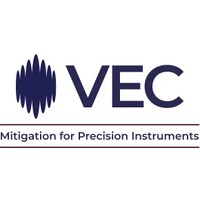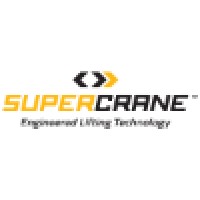
VEC
VEC provides site evaluations, consulting, and engineered solutions for mitigating acoustic, vibration, & magnetic fields for customers with precision instruments. With over four decades of experience, VEC serves electron microscopy, semiconductor manufacturing, research institutions, and national laboratories. VEC continuously invests in cutting-edge technologies and fosters strategic partnerships to expand and optimize our products and services, providing our clients with the answers and information they need to meet project requirements. What makes us different? Reports Our reports are best-in-class, containing an informative and concise interpretation and analysis of the data collected as well as recommendations for the remediation if required. More to Offer Our site surveys are unique in that we offer an evaluation of the disturbances affecting both a single instrument at a particular location and several instruments at various locations. Also, we can identify an isolated source of the disturbance on a client’s microscope or equipment. As a distributor of Daeil Systems and Spicer Consulting, VEC offers the most effective active vibration isolators and EMI cancellation systems. We also offer acoustic abatement solutions and monitoring to be able to cover all the mitigation needs of our customers. Beginning to end project support We will be with you for the duration of the project. First, we conduct a site evaluation to determine the suitability of a location for your equipment. We then customize recommendations to suit your space and needs. Then we install any remediation equipment required. Finally, we will conduct a final site validation to ensure that the location meets your requirements. Collaboration with Project Personnel VEC co-operates with architects and engineers and offers guidance to lab managers to ensure a facility meets the unique requirements of client equipment.






